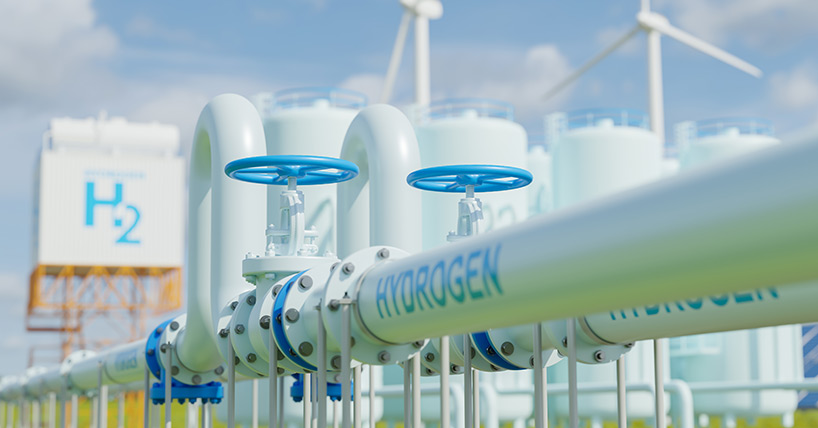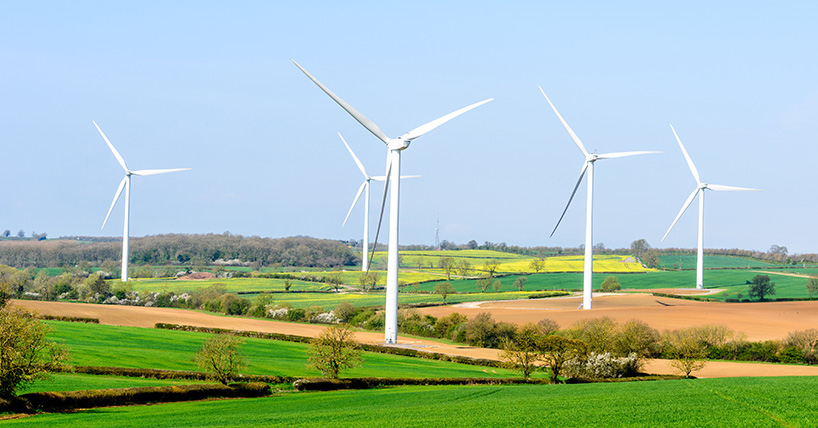Centre for Energy
A Newcastle University Centre of Research Excellence.
As climate change brings increasing global challenges, it’s never been more important to develop sustainable energy systems for the future. The Centre for Energy at Newcastle University plays a key role in addressing global issues and exploring solutions.
By consolidating our portfolio of Energy research, nurturing thought leaders and encouraging collaboration with a wide range of partners, we aim to play our part in creating a more sustainable world for future generations.
- Find out more about us
- Keep up to date about our events, news and more by registering to the Centre for Energy mailing list.
Our vision
The Centre for Energy aims to bring people together to tackle the global need for clean, affordable energy. Our vision is to progress towards the United Nations’ Sustainable Development Goals by delivering advances in:
- technology and engineering
- materials science
- economics and policy studies
- cyber security
- lifecycle analysis
- ethics and justice
- business models
- behaviour
- design and infrastructure
Partner with us
Industry, government, and academic stakeholders are all crucial to our success, helping us to shape our research and translate discoveries into real-world impact.
Work with us
Our team is essential to our success, and we pride ourselves on nurturing them to achieve their full potential.
Latest from Newcastle
University project wins prestigious chemical engineering award
A Newcastle University project exploring low-carbon fuel economy has won a Research Project Award at the 2025 IChemE Global Awards.
Leading experts to put science and tech at the heart of clean power
Professor Richard Dawson has been appointed to the new Science and Technology Advisory Council.
Blyth community bright 'Sparks’ highlight a path to Net Zero
A community-led art exhibition in Blyth will showcase how marginalised communities envision, and can contribute to, low-carbon planning in the places they live.
.jpg)


